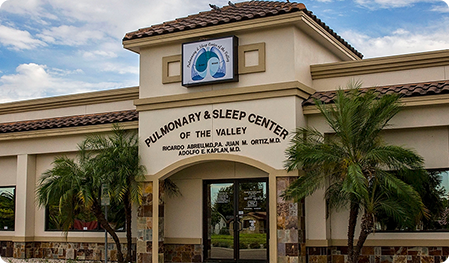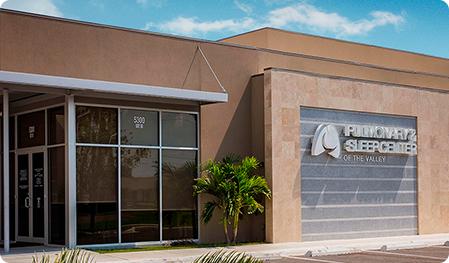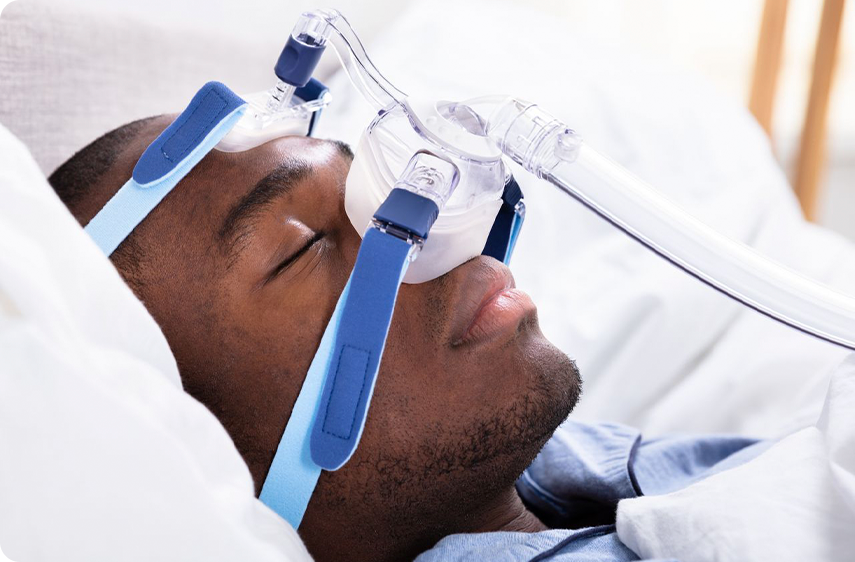CPAP Treatment
A CPAP device is simple to use and should be used every night and during naps to achieve the most benefit. CPAP devices provide pressurized air through masks that cover your nose (nasal masks), soft cushions that are placed inside the nose (“nasal pillows”), or through masks that cover your nose and mouth (“full-face” masks).
Your Sleep Specialist and the supportive staff at the Center will assist you in using your CPAP device and CPAP interface so that you obtain maximum benefit from its use. Some trial and error might be necessary to identify the most effective and comfortable pressure as well as the PAP interface that best suits you.
CPAP use can be associated with mild discomfort(s) and side effects. An irritated nose/throat, air leaking from the CPAP interface and blowing into one’s eyes, a sensation of stomach fullness, and visible indentations/lines on the face are among the most frequently-voiced complaints. These and other side effects generally can be easily treated/eliminated upon consultation with your Sleep Specialist and the Center’s cadre of highly experienced CPAP technologists.





